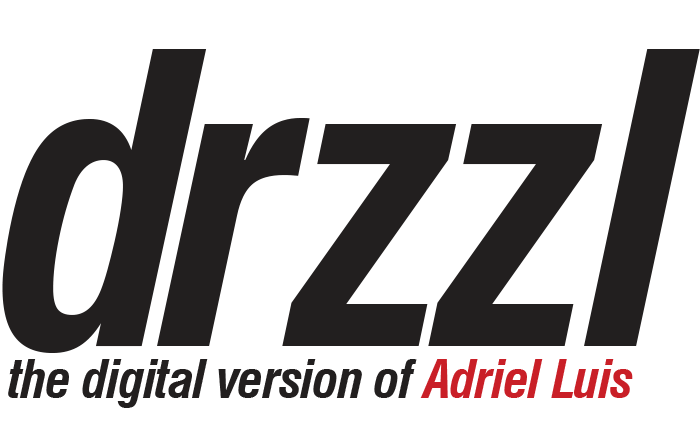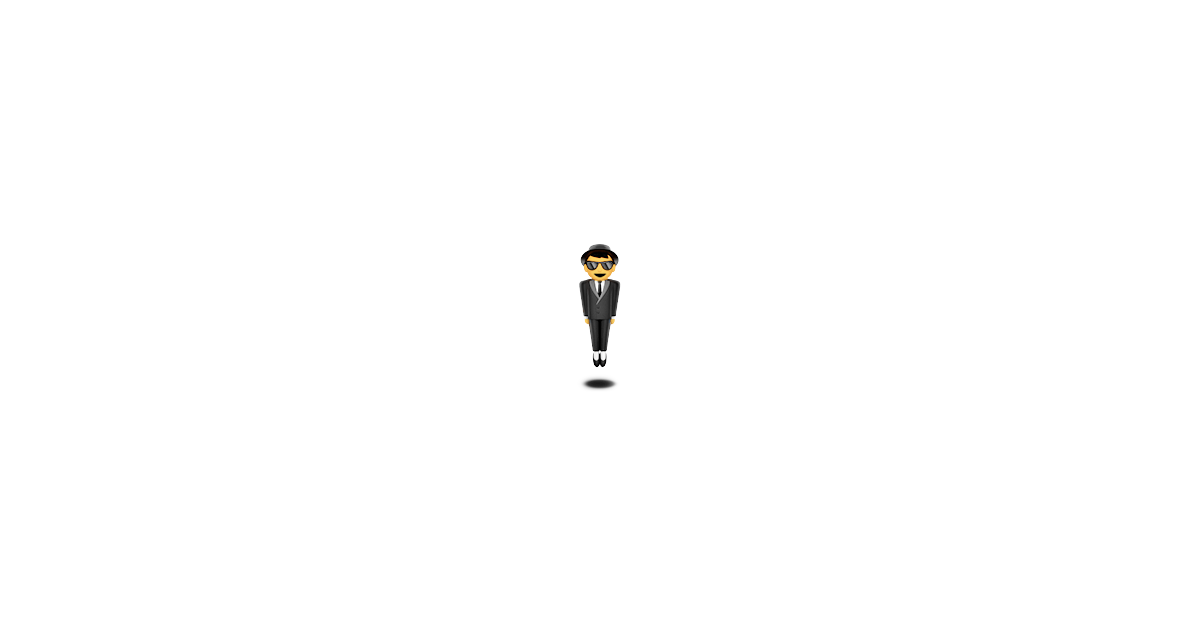I haven’t really expressed how much I miss massages, because I know how bourgie that sounds. Even the reasons why I needed to get one on a regular basis prior to the pandemic sound bourgie – all the international flights, the stress of working a white-collar job, the calcifying of my neck and shoulders that made me groan while getting up from the couch since my early thirties. These days my back hurts less, and I owe that partly to the slower pace of life, but mostly to the healers both foreign and familiar who have laid their hands on me; who risk welcoming strangers into dark rooms, who put their whole selves into the art of human contact.
My go-to spot in Washington, D.C. is a small studio in the basement of an apartment complex in Dupont Circle. That description itself alludes to why it remains a well-kept secret. Describing it to friends immediately elicits a response of how that sounds “shady,” “sketchy,” “seedy,” and other s-words that are only associated with massage businesses that are Asian. No skin off my back, I’d think to myself. More appointment slots for me!
I was convinced to venture in because of a one-star Yelp review. “It hurt so much and when I told her to stop pressing so hard, she still pressed too hard!” I immediately booked an appointment. “Don’t ever get a massage from Lai, she’s way too rough!” I requested Lai (all names here have been changed for privacy).
Lai was the eldest of the staff, the one who appeared to have corralled the rest of the team. All the workers there come from Thailand, where many of them still spend some seasons. My first time in the waiting room, they handed me a blue ballpoint pen and a sheet with a diagram of a person with palms outstretched. “Mark where it hurts,” the form said. I handed back what could’ve been a page from a Smurf coloring book.
“Let me know if I’m being too strong, okay?” Lai said, as she dug her thumb into my shoulder. I took this as a challenge to my cultural authenticity, like when a waiter asks if I want mild, spicy, or Asian-spicy. So as Lai smeared her arms down my spine, flattening entire mountain ranges with her knuckles, I swore to myself that I would never utter the words “gentler, please,” just like I would never pour Sprite into a glass of fine scotch. It was Lai who taught me how to breathe through it, a skill that I’ve learned to exercise even when not lying on my back.
After a couple of years, Lai left to run her own spot in Northern Virginia. She was replaced by Sumi, whose stature reminded me of a sequoia tree, her palms wide like a pair of ceiling fans. If Lai is a master of smoothing out knots, then Sumi is a master of turning you into one. A 90-minute appointment with Sumi is an episode of pure bliss, especially if you didn’t know that the human body can in fact be folded like a military shirt. She began her sessions by firmly pressing her hands on me from head to toe, as if encouraging each body part to reveal the pains they wouldn’t even admit to me. She would then contort my limbs like an action figure, introducing me to my own flexibility. Oh, I guess I can do that, I thought, the first time she grabbed my wrists from behind and extended her foot into my back. Her sessions would end by her whispering, “breathe,” as she inhaled deeply, cradled my head inside her elbow, and thrust her entire body sideways. I floated out of the basement those days.
I met Jana once when my lower back was killing me, and Sumi was in Thailand for the summer. Jana’s frame is petite but her grin is vast, and she graced me with it every time I walked through the door. “Oh, it’s you!” she’d exclaim, as she rushed around the counter to fill me a cup of ginger tea. Although Jana doesn’t have the muscle of Lai, or the size of Sumi, she cultivated a craftwork of her fingers that can play your spine like a grand piano. The times when I didn’t exactly know where it hurt – I just knew it hurt – Jana could sleuth out the aches, and shoo them away by maneuvering her hands like she was throwing gang signs at them. “You’re too stressed,” she’d say every time. “Work and travel,” I’d huff facedown into the pillow. She’d click her tongue like a concerned auntie before pulling out the hot stones even though I didn’t purchase the premium package. She’d end her massages by clutching my scalp and rapidly flicking her fingers from it, like she was weeding out my worries. “All better, yeah!” she’d say, more a statement than a question. Jana taught me that sometimes the hurt can’t be forced out, it must be asked politely.
My last massage was before the pandemic. Sumi was moving back to Thailand to continue her practice closer to family. “I’m only taking my last appointments with my favorite customers,” she smiled at me warmly. That last massage was the best parting hug ever.
Last week in Georgia, somebody shot up three massage studios, killing eight people. Six of them were women whose descriptions could have matched Lai, Sumi, and Jana. The way I heard the news was by calling into a work meeting and being asked, “How do we respond?”
As we strategized over Zoom, I felt my back clench up, knowing that this was a nightmare come true – that now, throughout the country and probably the world, women who have dedicated their lives to healing us have been minimized to victims, trends of violence. While news outlets interviewed the perpetrator’s parents and reminisced on his childhood stories, many failed to spell or pronounce the names of those he killed. In some cases, the victims are described in the words of the gunman – “temptations” and “addictions” – while we are hard-pressed to learn of who they truly were; healers, cultural practitioners, caregivers engaged in forms of non-Western healing that continue to be widely misperceived as petty labor, superstition, or erotic leisure. I grieve over how frequently women in the practice of massage accept appointments uncertain of whether their next client will make it their last, and how weary they must be responding to sexualized inquiries with, “No, I don’t do that,” or “Yes, I do.”
My staff left our call without an answer, but with the task to reflect, and ideally to generate a statement that can fit into an Instagram slideshow that condemns the collision of racism, sexism, disdain for service workers, and general disregard for Asian healing practices. I don’t know what the statement will be – all I really know right now is that my whole body hurts, no matter how much I’ve tried to stretch, use massage tools, and shave travel and work from my daily life.
I think I just miss massages – yes, because of the luxury of dedicating an hour and a half to being completely pampered – but more so because not having them represents what this period has evaporated from us: a deeply-felt encounter with art, a sense that what ails us can be instantaneously remedied, and the intimacy of strangers who put everything they have into freeing us from the pain we carry.


